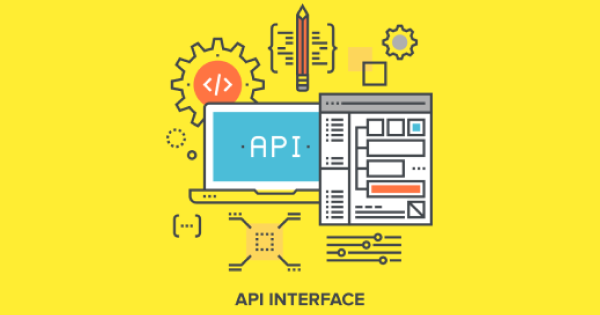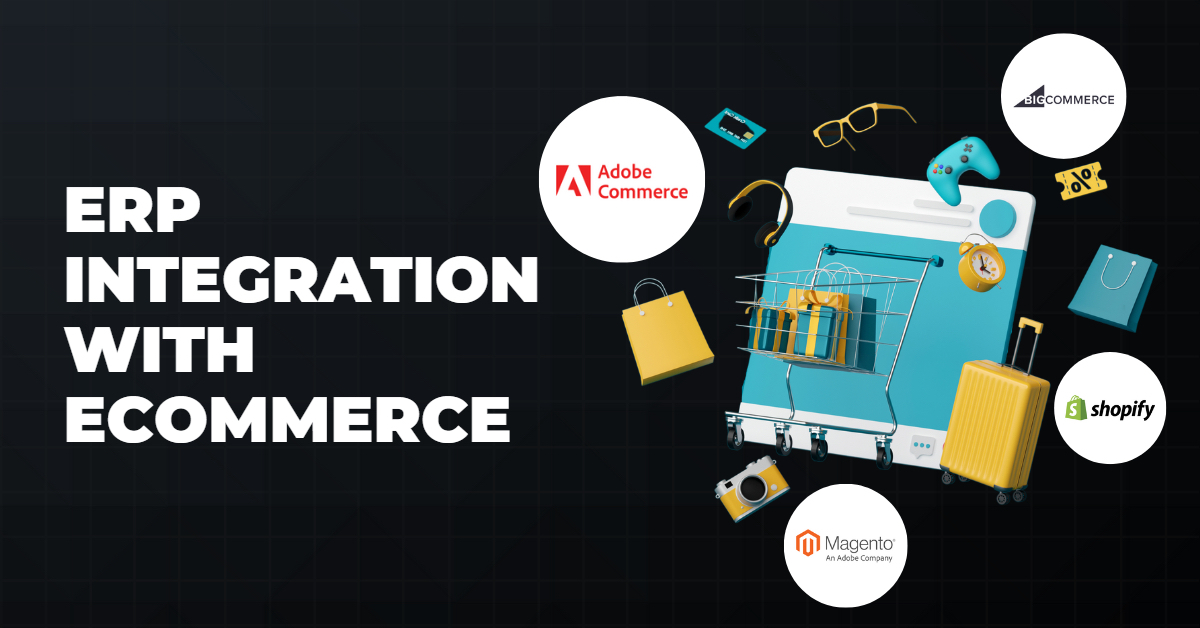Infor APIs are the connectors that let external systems talk to Infor software in a standardized way. Without them, integrating different applications would mean writing custom code for every single connection, which is time-consuming and messy.
Now, if you step back and look at all the APIs Infor offers across its cloud platform and business applications, you’re looking at tens of thousands of APIs and operations. Each one serves a specific function because every business application, platform, and its subsets need to connect to different things in different ways.
There isn’t just one API that magically does it all. There are many, each tailored to linking different software applications (with Infor).
Types Of Infor APIs
APIs come in different forms, each suited for specific use cases. When integrating with Infor, you’ll come across three main types: RESTful APIs, SOAP APIs, and OData APIs. While they all serve the same general purpose: helping different systems communicate. Different APIs do so in different ways. Here’s how they work and where they fit best.
RESTful APIs (Representational State Transfer)
RESTful APIs are the go-to choice for modern integrations. They use simple HTTP requests (the same way your web browser loads a webpage) to exchange data, making them lightweight, fast, and easy to work with. This makes them ideal for cloud applications, mobile apps, and web-based integrations. Whether you need to sync customer records between Infor and a CRM, update inventory levels in real-time, or pull order details into an ecommerce system, RESTful APIs get the job done efficiently.
SOAP APIs (Simple Object Access Protocol)
SOAP APIs follow a more rigid structure and rely on XML to send and receive data. While they might not be as flexible as RESTful APIs, they make up for it with security and reliability. That’s why they’re often used in industries like banking, healthcare, and government, where data integrity and encryption are crucial. If a financial institution needs to integrate its core banking system with Infor’s ERP, SOAP APIs provide the structured, secure communication required for high-stakes transactions.
OData APIs (Open Data Protocol)
OData APIs are designed for working with large datasets, making them a great fit for analytics and reporting. They allow users to pull specific information without overloading systems with unnecessary data. Think of it like filtering an Excel spreadsheet, you don’t need every single row, just the relevant ones. For example, If a company wants to extract sales trends from Infor’s ERP and analyze them in a BI tool, OData APIs streamline the process, ensuring the right data is retrieved efficiently.
Each of these APIs plays a different role in the integration ecosystem. Whether the priority is speed, security, or handling large volumes of data, Infor has an API designed to meet the need.
What Can Infor APIs Help You Connect With?
1. Custom Applications
Sometimes, businesses need more than out-of-the-box functionality. Infor APIs let developers build custom applications that extend or modify Infor products to fit unique business needs. This is especially useful when a company wants more control over how systems interact. Maybe a client wants a personalized dashboard or a custom workflow that doesn’t exist in standard Infor tools. Instead of trying to force a workaround, APIs allow developers to integrate these custom applications smoothly, ensuring everything communicates without friction.
2. Cloud Applications
Infor APIs make it easy to connect with cloud-based tools businesses rely on every day. Whether it’s a CRM like Salesforce, an ecommerce platform, another ERP system, an EDI for supplier transactions, or business intelligence tools, APIs handle the data exchange behind the scenes. This means sales, finance, logistics, and other departments can work with up-to-date information without worrying about manual data transfers or mismatched records.
3. Legacy Systems
Not every business is running on modern cloud solutions. Many still have older, on-premise systems that are critical to their operations. The problem is that these legacy systems weren’t built for seamless integration. That’s where Infor APIs come in; they act as a bridge between old and new, allowing businesses to connect their modern cloud applications with older, on-premise databases and software. This way, companies don’t have to rip and replace everything at once; they can modernize at their own pace.
4. Industry-Specific Applications
Different industries use different tools, and Infor APIs help connect them. Whether it’s manufacturing software that tracks production lines, healthcare systems that manage patient data, or retail solutions that handle supply chain logistics, Infor APIs ensure these industry-specific applications work in sync with broader business operations. Each industry has unique needs, and these APIs help make sure the right data gets to the right place without disrupting workflows.
Benefits Of Using Infor APIs
Infor APIs do more than just connect different systems. They help businesses work smarter, automate processes, and adapt their software to fit unique needs. Here’s how you can make the most out of them:
Make Infor Work the Way You Need It To
Out-of-the-box software doesn’t always fit every business perfectly. With Infor APIs, companies can tweak, extend, and customize their applications to match their specific workflows. Whether it’s adding a custom dashboard, integrating with an internal tool, or fine-tuning how data moves between systems, APIs give businesses the flexibility to shape Infor to their needs.
Connect Everything Altogether
Infor APIs eliminate the struggle of getting different systems to talk to each other. Whether it’s pulling customer data into a CRM, syncing orders with an ecommerce platform, or linking up with a third-party logistics provider, APIs ensure information flows effortlessly, no manual exports, no messy spreadsheets, and no frustration.
Cut Down Manual Work and Speed Up Processes
Many business tasks are repetitive updating records, transferring data, generating reports. APIs automate these processes, reducing errors and freeing up employees to focus on bigger things. Instead of spending hours on manual data entry, teams can rely on systems that update and sync information automatically.
Give Teams Instant Access to the Right Data
Infor APIs make sure the right data is available when and where it’s needed. Whether it’s real-time inventory updates, financial reports, or supply chain insights, employees can access accurate information without delays. No more outdated reports, no more scrambling for the latest numbers, just reliable data at your fingertips.
Unlock New Possibilities for Growth and Innovation
Because APIs make integration easy, businesses can experiment with new tools and technologies. Whether it’s AI-powered analytics, IoT-driven automation, or customer-facing portals, APIs allow companies to adapt and innovate without a complete system overhaul.
Scale Without Disruptions
As businesses grow, their technology needs evolve. Infor APIs make it easier to scale operations, add new integrations, and adapt to changing requirements. Instead of being locked into rigid systems, companies can expand their capabilities without disrupting existing workflows.
Understanding Infor ION API
As we discussed earlier, Infor offers multiple APIs, and one of its key APIs is Infor ION. Infor ION (Intelligent Open Network) is an integration API that helps businesses connect Infor products with each other and with third-party applications. It provides an ION API Gateway that enables system integration, process automation, and real-time data exchange. However, it is designed primarily for Infor’s ecosystem, making it an ideal choice for businesses already using multiple Infor solutions.
With Infor ION, businesses typically need in-house technical resources or must outsource a team of developers to handle integrations. The platform is powerful but complex, requiring a solid understanding of API configurations and middleware management.
Leveraging ION APIs The Right Way Using DCKAP Integrator
For businesses that want the benefits of Infor ION APIs without the complexity, DCKAP Integrator provides a hassle-free solution. It works with Infor ION APIs to enable seamless integrations but removes the technical burden by offering:
- A low-code, user-friendly interface: No need for extensive development work or API expertise.
- Support for multiple business systems: Connects not just Infor products but ERP, CRM, eCommerce, EDI, and other third-party applications.
- Industry-specific optimization: While Infor ION serves various industries, DCKAP Integrator is built specifically for manufacturers and distributors, understanding the unique challenges of B2B operations.
- End-to-end integration management: Instead of relying on an in-house IT team, businesses can rely on DCKAP’s dedicated support team to handle setup, monitoring, and maintenance.
- A cost-effective and scalable approach: As businesses grow and adopt new technologies, DCKAP Integrator adapts, making it a future-proof choice for evolving needs.
Both solutions provide strong integration capabilities, but if you’re looking for a more hands-off, affordable, and scalable approach, DCKAP Integrator ensures your systems work together without the technical hassle.
To explore DCKAP Integrator, click here and schedule a free consultation.
FAQs
What is API integration, and why is it important?
API integration allows different business applications, backend applications, and third-party systems to communicate and exchange data in a secure manner. It enables seamless data flow, automates business processes, and improves efficiency without requiring manual intervention.
What is EDI API integration, and how does it work?
EDI (Electronic Data Interchange) API integration enables businesses to exchange performance or sensitive data like invoices, purchase orders, and shipping details between different systems using structured formats. APIs help modernize EDI by eliminating manual processes and ensuring real-time data exchange between providers and consumers.
What is the difference between API endpoints and API gateway?
- API Gateway: An API Gateway acts as a centralized hub that manages API calls, authorizations, tokens, and secure access between third-party systems and internal backend applications. It ensures that API requests are authenticated, optimized, and delivered efficiently, reducing latency and security risks.
- API Endpoint: This is a specific URL where an API can be accessed. Each endpoint represents a function or resource (e.g., retrieving user data, updating an order, or processing a payment). API endpoints are the actual destinations that clients interact with to get or send data.
Simply put, An API Gateway manages and controls multiple API endpoints, while an API Endpoint is just a specific entry point where data is requested or sent. The Gateway ensures that requests reach the correct endpoints securely and efficiently.
What are API specifications, and why do they matter?
API specifications define how API consumers and API providers interact. They include descriptions of available APIs, request parameters, values, response formats, and HTTP protocols. Proper API specifications make it easier for developers to integrate mobile applications, cloud applications, and ERP solutions seamlessly.
What makes DCKAP Integrator different from Infor API integration?
While Infor API is designed for Infor ecosystem integrations, DCKAP Integrator provides a more flexible approach, supporting various ERP solutions, eCommerce platforms, and other applications. It is a low-code solution and with a user-friendly interface, secure data management, and real-time synchronization.
Contents




